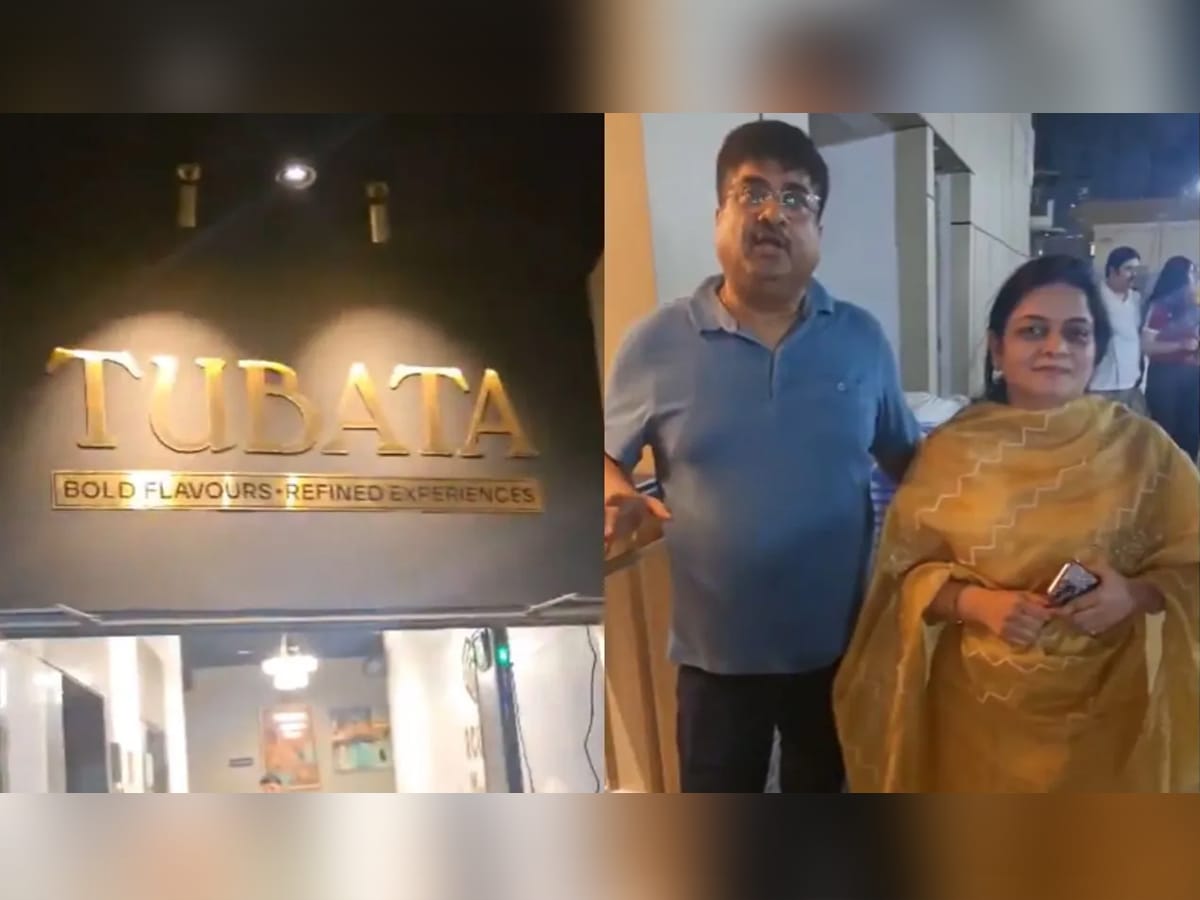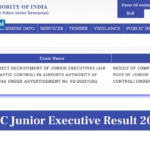In a recent incident that has taken social media by storm, a Delhi-based couple alleged that they were denied entry to a high-end restaurant because they were wearing “Indian attire.” The claim has sparked widespread outrage, debates over cultural pride versus dress codes, and even political attention. Delhi’s Chief Minister has ordered an official probe into the matter, calling for a deeper investigation into the restaurant’s alleged discriminatory practices.
The case has become a flashpoint for larger discussions on the acceptance of traditional clothing in modern, urban spaces, and whether such incidents reflect lingering colonial mindsets or a misinterpretation of brand image and hospitality.
The Incident
According to the couple’s account, they had made a reservation at a well-known restaurant located in one of Delhi’s upscale areas. Upon arriving, the staff allegedly refused them entry, stating that their “clothing was not appropriate” for the venue. The couple claims they were wearing traditional Indian attire—specifically, a kurta-pyjama for the man and an ethnic dress for the woman.
A video recorded by the couple shows a staff member purportedly saying, “Kum kapde walo ko jane diya, aapko nahi” (“We allowed those wearing fewer clothes, but not you”), further fueling the public’s anger. The phrase has since gone viral and has been widely criticised as disrespectful and discriminatory.
Public Reaction
Once the video hit social media platforms, outrage was swift. Netizens flooded Twitter, Instagram, and Facebook with messages condemning the restaurant’s stance. Many saw the incident as a blatant insult to Indian culture and a dangerous precedent for public spaces that should otherwise be inclusive.
Memes, hashtags, and calls for boycotts began trending within hours. Popular tags like #RespectIndianAttire, #DressCodeOrDiscrimination, and #ProudlyIndian dominated social media trends. Some users compared the incident to similar controversies abroad, where certain establishments have been accused of racism or elitism disguised as “dress codes.”
Restaurant’s Response
In response to the growing backlash, the restaurant issued a brief statement denying any intent to insult Indian attire. They claimed that the establishment follows a “global hospitality dress code” to maintain a specific ambience. The statement added that there was a “misunderstanding” and that the words attributed to the staff member were “taken out of context.”
However, critics argue that the explanation feels like damage control rather than genuine accountability. The restaurant’s online ratings have plummeted since the controversy, with hundreds of one-star reviews citing “cultural discrimination” as the reason.
Political and Legal Angle
The matter quickly caught the attention of Delhi’s political leadership. Chief Minister Arvind Kejriwal called the incident “unacceptable” and ordered an official inquiry. He emphasised that denying entry to someone based on wearing traditional clothing is a serious violation of cultural respect and possibly consumer rights.
Consumer law experts suggest that if proven true, the restaurant could face legal consequences under the Consumer Protection Act for discriminatory service. Additionally, under Article 15 of the Indian Constitution, discrimination based on religion, race, caste, sex, or place of birth is prohibited—while clothing is not explicitly mentioned, legal experts argue that cultural attire may be protected under broader interpretations of equality.
Dress Codes vs. Discrimination
This incident has reignited the ongoing debate about dress codes in public spaces, particularly luxury restaurants and hotels. Supporters of dress codes argue that they maintain a certain standard and help create a brand image. Critics counter that these standards often reflect Westernised notions of formality and tend to sideline traditional Indian garments, which can be equally formal and sophisticated.
For instance, a finely tailored sherwani or silk saree is often considered more elegant than a Western business suit. Yet, establishments sometimes fail to recognise traditional wear as meeting “formal” standards—something many see as a hangover from colonial-era elitism.
Impact on Hospitality Industry
Hospitality industry veterans warn that incidents like this can cause lasting damage to a brand’s image. In an era where social media outrage can topple reputations overnight, inclusivity and cultural sensitivity are increasingly becoming non-negotiable values for service-based businesses.
Some hotels and restaurants have already begun revising their dress code policies in response to the backlash. There’s a growing call within the industry for clear, publicly displayed dress codes that explicitly include Indian traditional attire in their definition of “formal wear.”
Voices from the Ground
Interviews with Delhi residents reveal mixed opinions. While many condemn the restaurant’s alleged actions, a few argue that private businesses should have the right to set their own standards—provided they are clearly communicated at the time of booking. However, even among this minority view, there is agreement that the staff’s alleged remark about “kum kapde walo” was inappropriate and unprofessional.
One resident summed it up by saying, “It’s not about rules, it’s about respect. You can enforce a dress code politely, but when you insult someone’s culture, that’s where you cross the line.”
Cultural Sensitivity in Modern India
The incident also touches upon a deeper question: how does a rapidly modernising India reconcile global influences with its rich traditional heritage? While many urban Indians enjoy wearing Western outfits, traditional attire continues to be a symbol of pride, identity, and heritage. Denying entry to someone for wearing it is seen by many as not just a personal insult but a collective cultural slight.
Experts in cultural studies argue that inclusivity in dress codes is not just about avoiding controversy but about reflecting the real India—a diverse blend of the traditional and the modern.
Possible Outcomes
The ongoing investigation ordered by the CM could lead to:
- A formal apology from the restaurant.
- Policy changes to include Indian attire in its dress code.
- Financial penalties if legal violations are proven.
- Public awareness campaigns about consumer rights in hospitality services.
Regardless of the legal outcome, the incident has already become a cautionary tale for other businesses on the importance of cultural respect.
Conclusion
The alleged denial of entry to a Delhi couple over wearing Indian attire has opened a Pandora’s box of conversations about cultural pride, business ethics, and hospitality standards. Whether the restaurant is guilty of outright discrimination or a poorly handled misunderstanding, the damage to its reputation is evident.
This controversy is a reminder that in a country as culturally rich as India, businesses must tread carefully when setting policies that could be perceived as culturally insensitive. For the couple involved and countless others who wear traditional attire with pride, the message is clear—Indian clothing deserves not just acceptance, but celebration in every corner of the country.










